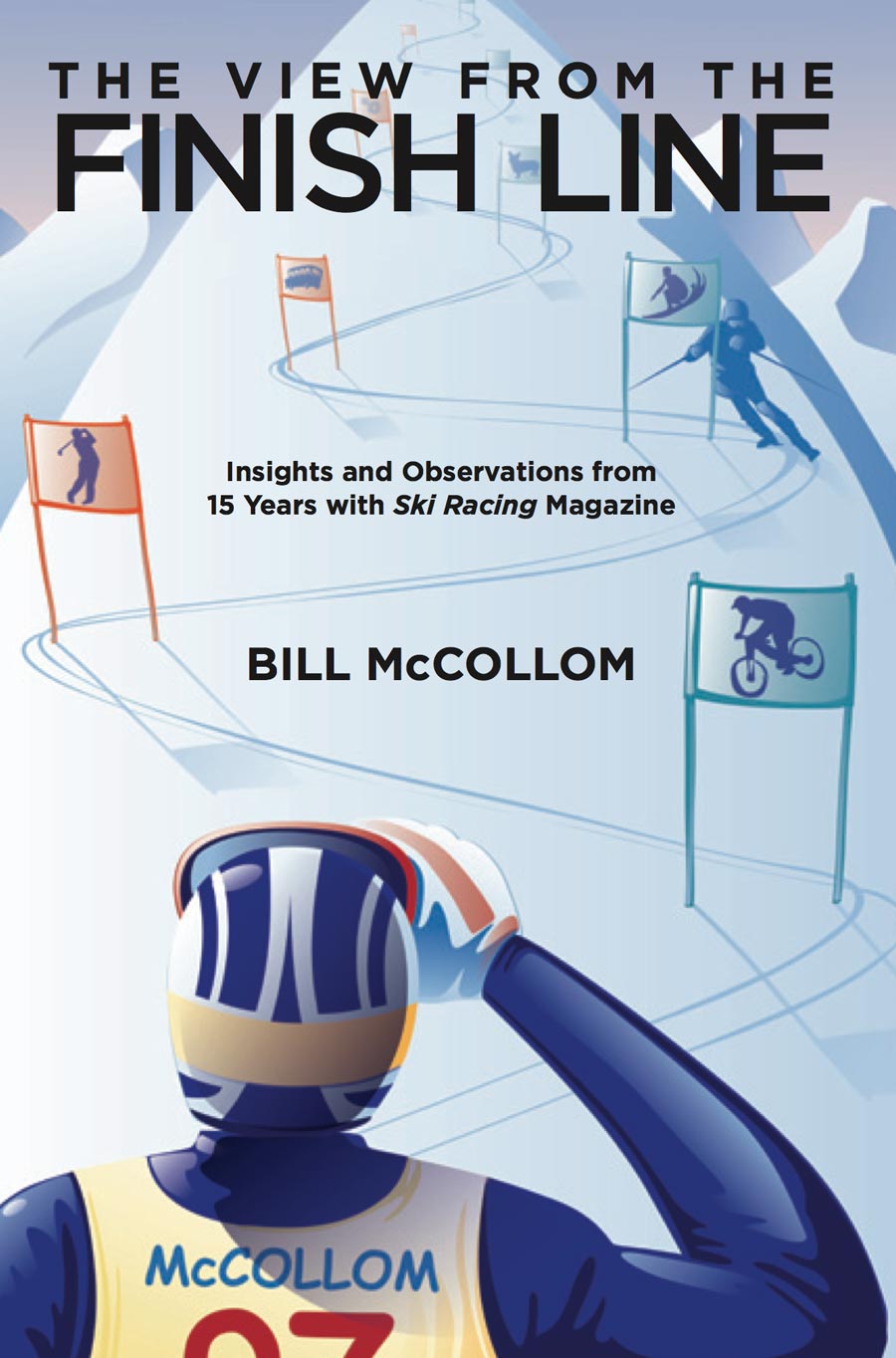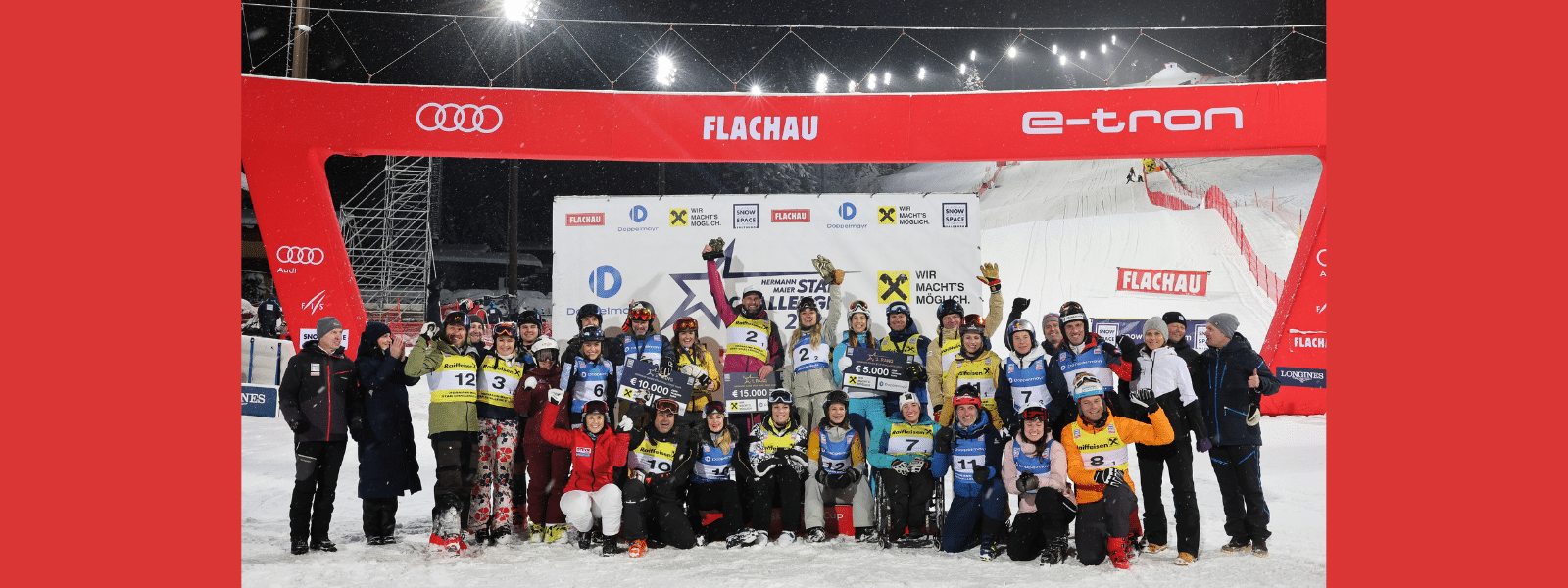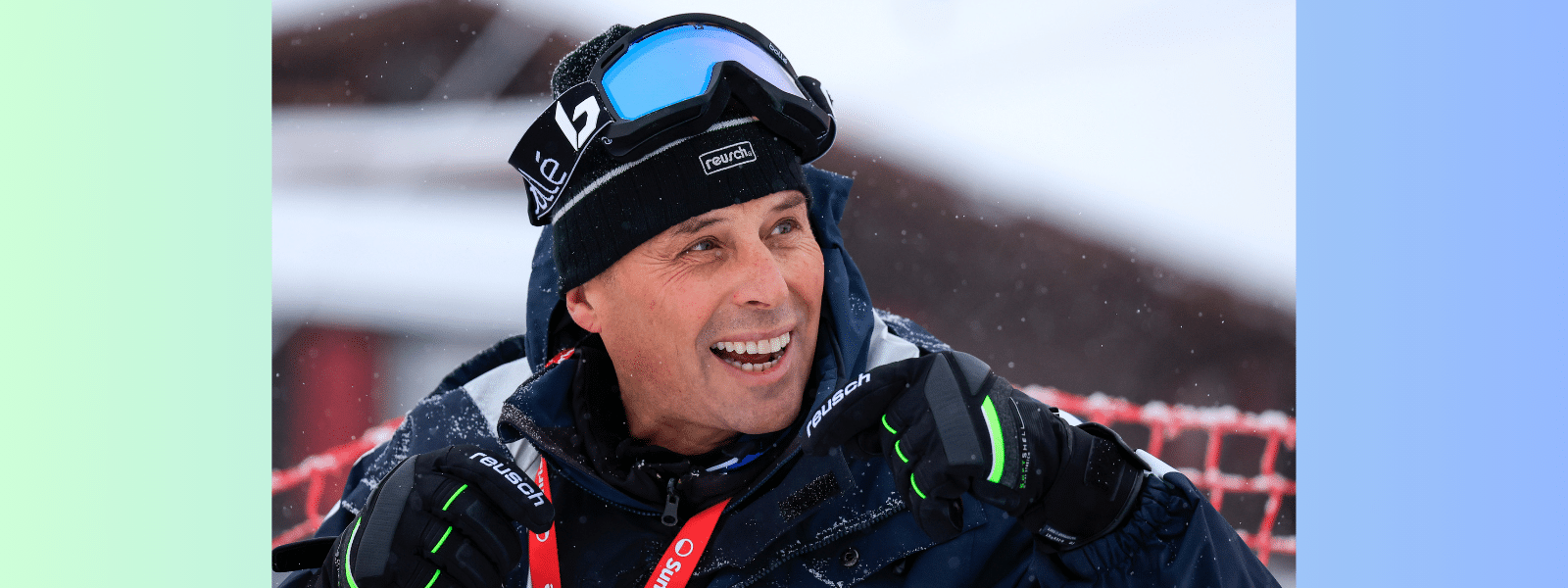These Olympians are Special: Scoreboard Not Included
Usually only a handful of cars can be seen loitering around the parking lot of Suicide Six, even on a mid-March Saturday morning. But today, the lot is stuffed to the brim with buses and cars, and even more vehicles are parked at odd angles in the muddy field on the opposite side of the road. The ski slopes are teeming with people of all shapes and sizes, and unfamiliar crescendos of cheers echo through the lumpy hills of Pomfret, along with blaring trumpet fanfares. Strange doings for such a small ski area in central Vermont. With all the hoopla, one might think the Olympics have come to town.
And actually, they have — the Vermont Special Olympics is in full regalia.
Thankfully, I have a good guide — Bob Kay, a Special Olympics athlete from Burlington, Vermont.
I’m first introduced to Kay at the reception at the Woodstock Inn preceding Opening Ceremonies on Friday evening, and he doesn’t waste any time in shattering misperceptions. He’s 33 years old with the shoulders of a linebacker and the girth of a Sumo wrestler. He’s also completely articulate in explaining the structure of the event, while we make a serious dent in the hors d’oeuvres. Kay points out that the ages of the competitors range from 8 to 60; they come from all over the state, representing various regional organizations; and all have varying degrees of intellectual disability.
The town of Woodstock lays out the red carpet for the athletes. The town green has been cleared of three feet of snow for the Parade of Delegates and the Opening Ceremonies, and throngs assemble to welcome the athletes. Even the governor is on hand to officially open the Games. The athletes respond to the ovations with beaming smiles and pumped fists. As fireworks boom from the top of nearby Mt. Tom, red and purple light sparkles on the faces of the awestruck athletes.
Kay arrives early Saturday morning with his Chittenden delegation ready for the slalom race, which will be followed by a giant slalom and super G on Sunday. Like all the athletes, Bob skis with a mountain guide, who is responsible for making sure the athletes arrive at the correct venue at the correct time. With more than 200 athletes competing in one of three ability levels of alpine racing in addition to various cross country divisions, it would be easy for any of them to end up in West Bridgewater.
I’m nervous for Kay as race time approaches, but he’s as cool as a cucumber. He’s busily eating doughnuts and joking endlessly with his friends in the chaotic din of the base lodge. Kay’s been participating in Vermont Special Olympics competition since he was a teenager and skiing since he was 12, thanks to a local program at Cochran’s Ski Area. He’s won his share of gold medals, not only in ski racing, but also in bowling, basketball and golf. But be that as it may, Kay has trained hard for this event and I assume his heart is set on the gold.
Kay won his first race, but after a few congratulations, he senses that I’m missing the point. “Look,” he says. “There are 15 athletes in the expert race, and five divisions. Three athletes in each divisions get medals at the awards ceremonies.”
After I stumble over the numbers, the lights finally go on for me. I ask rhetorically: “Everyone gets a medal? So, it’s not all about winning?”
That point is driven home when I wander over to the podium set up in front of the athletes’ tent, where one of the divisions of the beginners’ race is being awarded. Some need help getting up on the podium; others appear confused or too shy to come forward. But finally all are assembled, their names are announced, and medals are placed around their necks. Pandemonium then ensues. With the Olympic theme song blaring over the loudspeaker, the cheers of teammates, family and friends wash over the athletes, and I’ve rarely seen such unabashed joy. The athletes not only have a short time to bask in the spotlight before the familiar Olympic trumpets quickly fade away, but as the athletes return to their mountain guides and friends for another round of hugs, the smiles on the athletes also might last an eternity.
Kay did win all three events in his division in tightly contested races where tenths separate gold from bronze. But there are no hard feelings among his competitors, no bruised egos and no excuses. As a matter of fact there isn’t even a scoreboard. Times are announced, but most athletes either don’t listen or can’t process what they mean, including Kay. I wish all ski racing could be this pure.
“I came through and won some goals,” Kay reflected. “But I would have been just fine if it hadn’t happened that way. I’ve seen a lot of friends, try hard and had a lot of fun skiing. That’s what matters the most to me.”

Note: This piece originally ran in 2008 and is reprinted with permission from Bill McCollom. Read this and many more original takes on the sport in “The View from the Finish Line,” a 222-page paperback collection of McCollom’s contributions to Ski Racing, now available for $20 from Enfield Publishing.





















